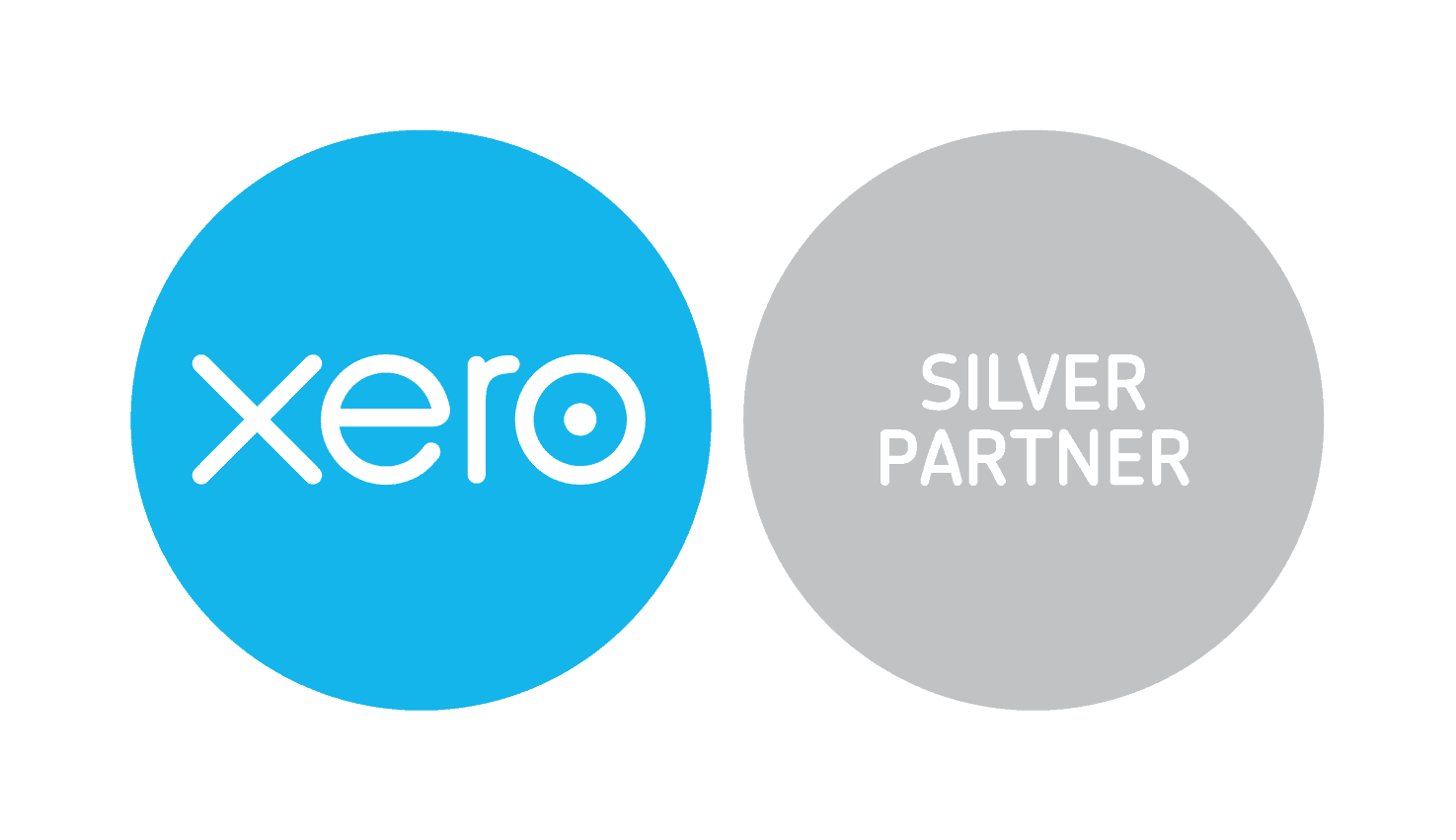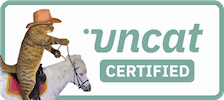
As a business owner, have you ever faced slow months or seasons? Have you ever wondered if your product or service sales would stretch far enough to pay all or even any of your bills? If you are like the business owners we know and have worked with, you probably have!
Dry spells happen in business, but other things can lower your business’s income or raise your business’s expenses just as unexpectedly. Customer contracts fall through, equipment and machinery break, COVID-19 brings walk-in business to a halt, inventory needs to be replenished before a holiday season, and more.
So what do you do when your business’s cash flow runs low?
What is Cash Flow?
In our most recent blogs, we have been talking about business capital - what it is and how to raise it. In a tiny nutshell, we told you that capital is not necessarily cash, but working capital can sometimes be called cash flow.
That can be confusing; we know. So let’s break it down.
Very simply, cash flow is the money coming into your business and the money going out. Sales revenue comes in; expenses go out.
Income
Your income, or revenue, comes from the products your business sells or the services it provides. It is the money you collect from your customers at the time of sale or upon completion of the project.
If you have billed customers but not received money from them, that money is still listed as income on your business’s balance sheet; it just shows up under accounts receivable rather than cash on hand.
Expenses
Your expenses are the costs your business incurs. Generally, your business has three types of expenses:
- Costs of goods sold/COGS (costs to buy inventory products, costs to pay subcontractors to fulfill customer contracts, etc.)
- Operating expenses (rent, utilities, office supplies, payroll, etc.)
- Payments on short-term and long-term liabilities (vehicle leases, business lines of credit, credit cards used for business expenses, vendor loans, etc.)
If you have bills you owe vendors or service providers, that money is listed as incurred expenses on your business’s balance sheet; it just shows up under accounts payable rather than as money already spent from your cash accounts.
Why is Understanding Cash Flow Important?
By examining your monthly, quarterly, and yearly income and expenses, you should be able to identify historical sales trends, especially if you are in retail or seasonal businesses like landscaping or underground pool building.
You should also be able to calculate recurring monthly income (if customers pay recurring payments or fees) and expenses that will tell you how much you need to earn to cover your costs each month. But to make sure you have the most realistic numerical figures in your cash flow report, don’t forget to account for annual prepaid expenses like business insurance and licenses.
Ideally, you measure your business’s historical cash flows to predict future ones. Doing that can help you allocate your resources throughout the year to prepare for slower periods or for times your payables may greatly exceed your receivables.
What Do You Do When Cash Flow is Tight?
What happens, though, when you cannot predict low income or high expenses? Sure, ideally, you should have enough cash set aside for rainy days, but let’s face it; most business owners do not have lots of cash capital set aside. You also find banks unwilling to lend you capital if your business is strapped for cash.
Here is where we can offer a few suggestions, though. Obviously, every business owner’s situation is unique, but certain rules apply to every business that can help you decide which bills may be more important than others to pay if you are facing a cash crisis.
Monthly Non-Negotiables
Certain expenses are just plain non-negotiable if you hope to keep your business open AND operational. If you do NOT pay the expenses listed below, you could face significant fines, audits, back-tax dues, negative credit reports, liens against your business, the shut down of your leased location, personal liability for claims against your business, and ultimately, business closure/shut-down.
So even if your cash flow is tight, do everything in your power to pay these expenses in full and on time:
Payroll - Because you probably cannot operate your business without employees
Payroll Taxes - Because you will face fines, audits, and never-ending dues and reviews
Operating Expenses - Because you need space, electricity, internet coverage, water, etc.
Insurance (Liability, Employee Health, Worker’s Comp, Auto) - Because you want to protect yourself from business liabilities
Monthly Debt Notes - Because missing these (especially any loan payments to predatory lenders) will negatively affect your business’s ability to borrow again.
Monthly Negotiables
Other expenses are fairly more negotiable if you are having cash flow problems in your business. If you do not pay the expenses listed below, you will owe penalties and interest and have some negative reports on your business’s or personal credit report, but you probably will not face business closure/shut-down as quickly as you would if you did not pay the non-negotiable expenses.
So when your cash flow is tight, call the owners of the following expenses to let them know what is happening and to see if they will let you make smaller or negotiated payments:
Certain Taxes - Some taxes are negotiable in term at the state level, and the IRS may consider payment plans for business owners who owe significant tax dues.
Vendors/Suppliers - Some vendors or suppliers will allow you extended payment terms, especially if you have an established history of timely payments with them, if you have positive rapport with your sales representatives, if you remain in constant communication with them, or if you are one of their most prolific buyers.
Advertising - Some advertisers will allow you to float your account for a time as long as you do not continue to ask for their services without paying for them.
Dues and Subscriptions - Some dues and subscriptions can wait, like those to non-essential magazines, local clubs, and certain software apps, but do not confuse these with dues and subscriptions that are essential to your business like certain software programs, business licenses, continuing education, and more.
Credit Card Dues - Some credit card companies only require you to pay minimum payments, but others require payment in full monthly. Check to see which is which, and only make the minimum payments on the cards that allow that when your cash flow is tight.
Owning a business is not always easy, but we want to walk with you through the process. If cash flow is a constant source of anxiety for you, call us.
We would be happy to sit down with you and help you analyze your financial reports. You do not have to do everything alone!





